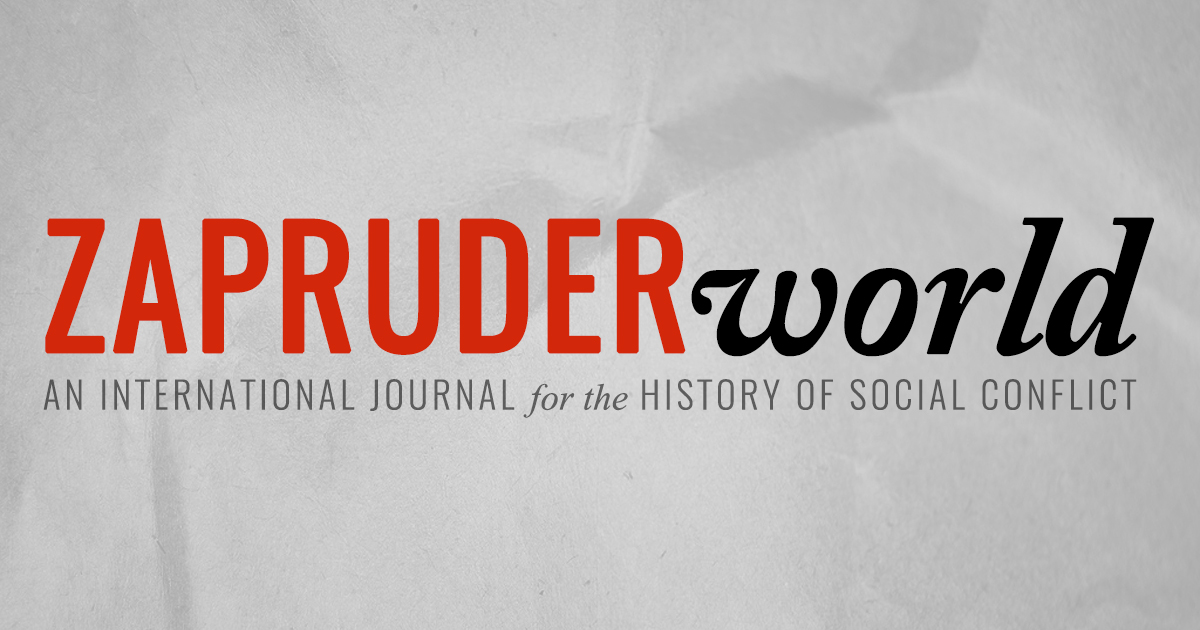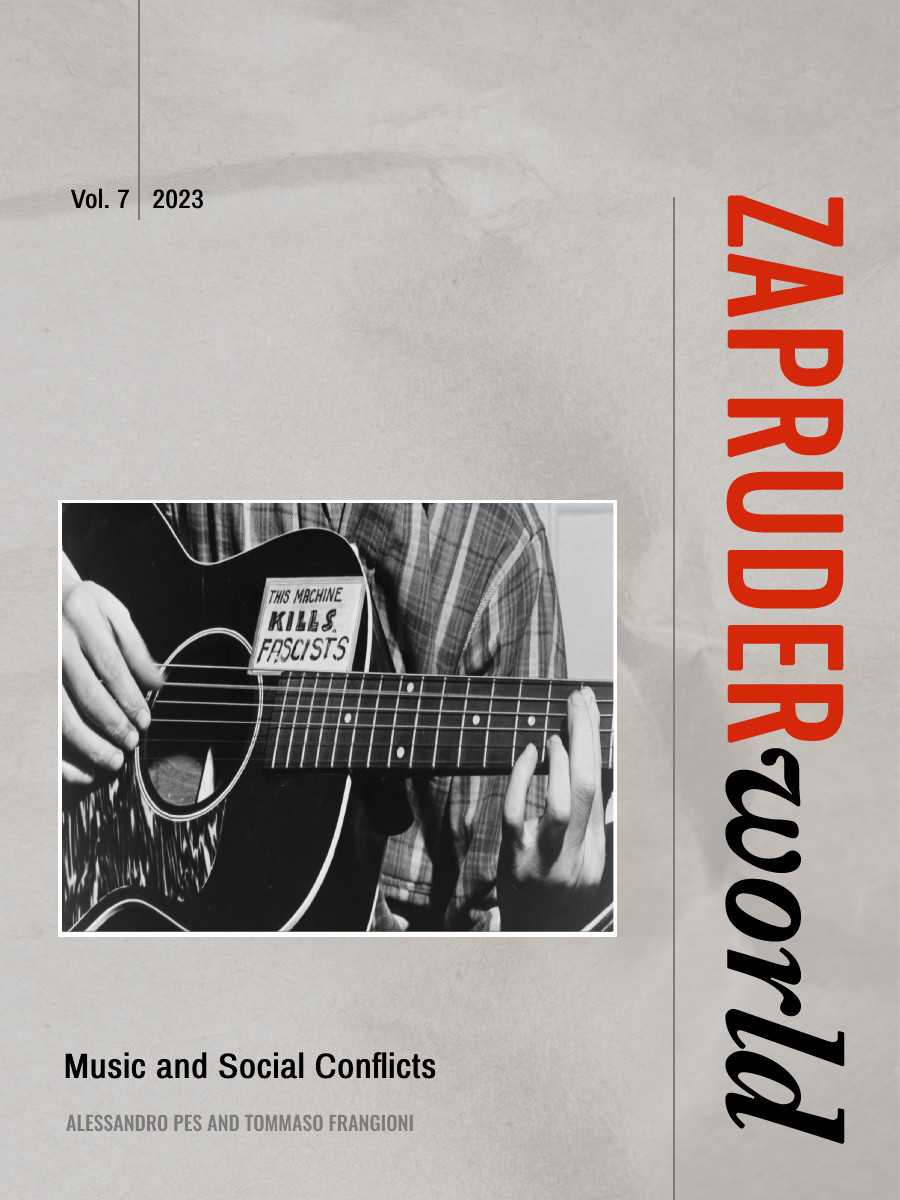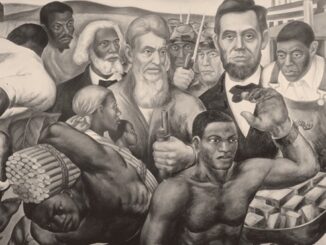Topics and Themes
Activism
Anarchism
Anti-Fascism
Black Lives Matter
brass
Capitalism
carnation revolution
Cinema
Class
Colonialism
Communism
Consumerism
decolonial perspective
estado novo
Fascism
Feminism
Food
Gender
Hacktivism
Human Rights
jamaica
Labor
latino america
LGBTQI
Lynching
Maoism
metal
mexico
Music
Neoliberalism
noise
Open Access
Performance
portugal
Race
reggae
Revolution
rhytms
Sexuality
social conflicts
state violence
subcultures
Transnationalism
Welfare State
zapruder world









